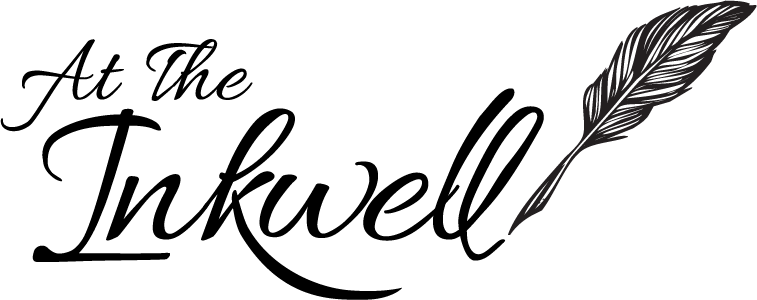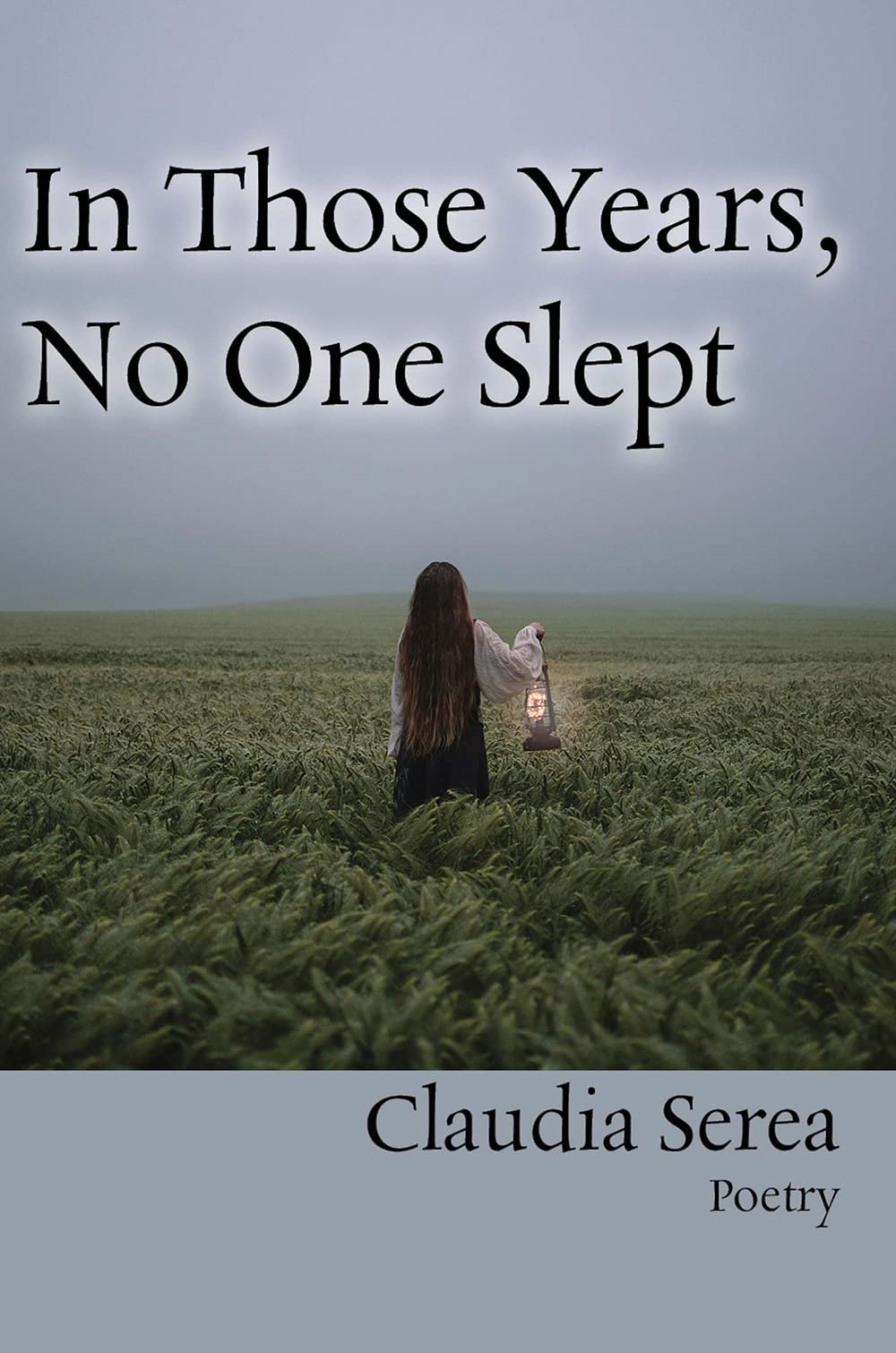
In Those Years, No One Slept
In our modern era, a lot of people wonder what the purpose of literature is, perhaps even questioning the relevance of art in general. In a world with so many social problems and so many other ways to stay distracted, why devote time to a poem by Wallace Stevens or a novel by Virginia Woolf? But I think literature is actually the opposite of a distraction, it forces us to confront deeply the social, political, economic, ecological, and moral issues that ensnare our daily lives.
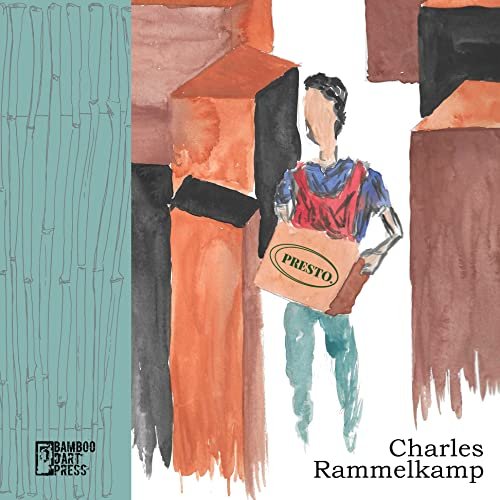
Presto Change-o: Poet and Author Charles Rammelkamp Flips Through Jobs With Little Luck but Much Wit
There is no paucity of western writers— essayists, poets and troubadours—who chronicle the joys and challenges of the working life. Work is how we sustain life, or most of us, anyway, so it is no small wonder that so many, from the likes of Samuel Taylor Coleridge to Elizabeth Barret Browning, Dylan Thomas to Carl Sandburg, have impressively pressed their pens into the ink of this topic.
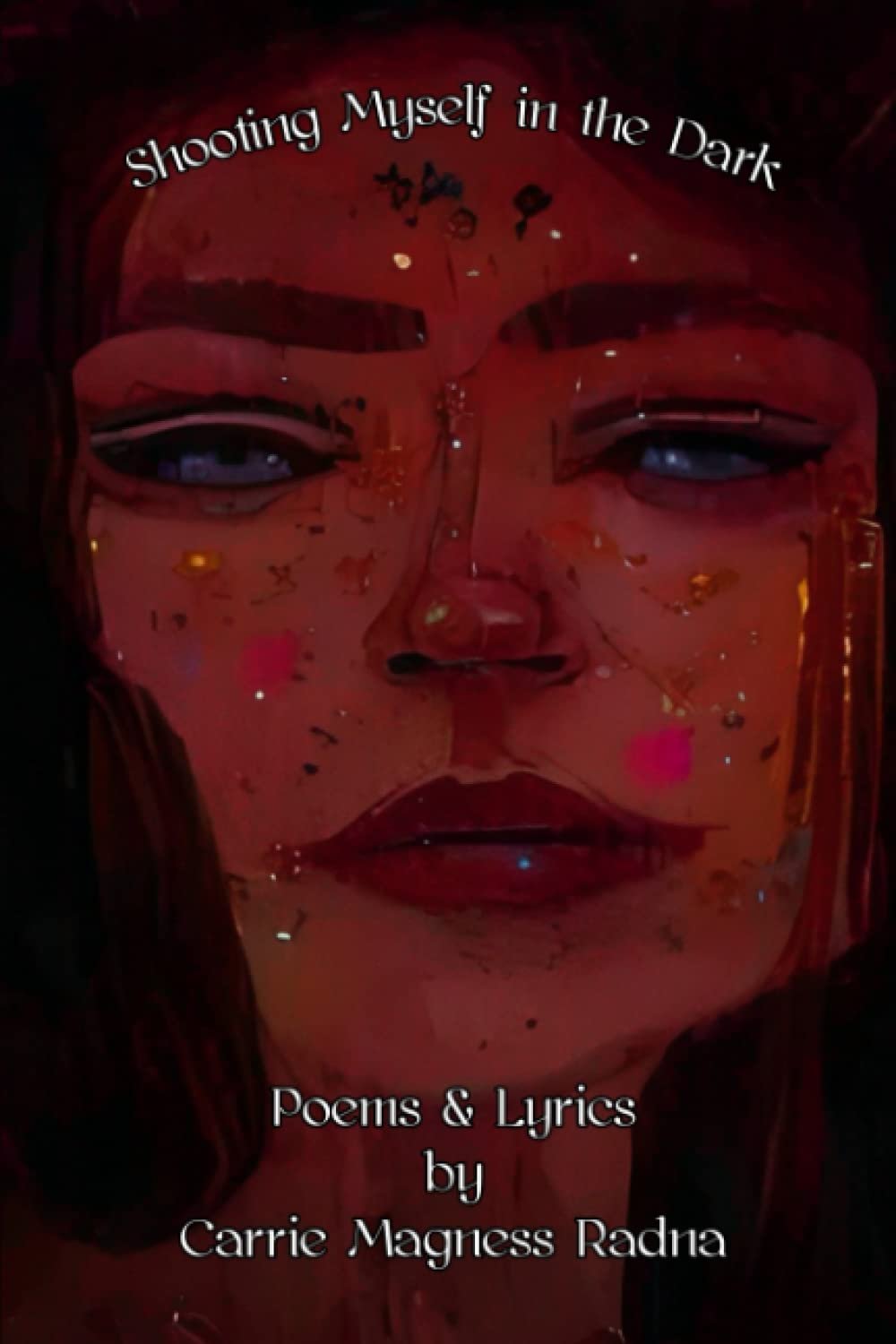
Shooting Myself in the Dark
If you ever want to get into a bar fight, a good instigating question may be, are song lyrics poetry? It seems like most everyone has an opinion on this and very few of those opinions are dispassionate. For some, Bob Dylan and Nas are a modern-day Wordsworth and Shelley. For others, poetry and songwriting are two distinct art forms measured by different standards. There is absolutely no way your humble reviewer will ever answer this question or resolve this controversy in a book review. But I often found myself contemplating these topics while reading Carrie Magness Radna’s new book Shooting Myself in the Dark.

The Elk in the Glade
Researching family history can be an addictive enterprise. I recently found this out when I discovered the website findagrave.com. I learned shocking pieces of information about my ancestors that filled me with all the suspense of a great paperback mystery. If you decide to visit this website, please be warned, it may consume days and maybe even weeks of your life. But this leads to an interesting question, how is it that in a society so obsessed with current fads and future possibilities, we can still be so engrossed by origin stories? This is one of the questions that Bruce E. Whitacre explores in his new book, The Elk in the Glade.

Design
An editorial in the New York Times recently claimed that poetry is dead. Among the writer’s spurious arguments was the claim that poetry must be about nature and since our civilization is so far removed from nature, poetic experience is no longer possible. I think this claim tells us more about the writer than it does about poetry; that he has a rather narrow view of what constitutes nature and that he hasn’t read very much contemporary poetry. For if he had, perhaps Design by Theresa Burns, a poetic celebration of the natural world, would have found its way to his bookshelf.

Our Aching Bones, Our Breaking Hearts:Poems On Aging
Ageing in the modern world is a conundrum. Armed with self-delusion and money, we spend precious resources fighting the inevitable. We will get older. No matter how many supplements, how much exercise, barrels of “super foods,” insurance, meditation, hair dye, or surgery, our bodies will age. Until they don’t.
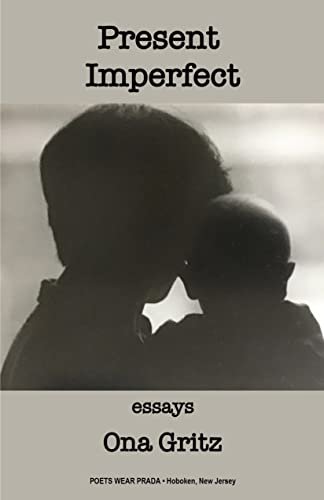
Ona Gritz Mulls Imperfections in Many Forms
Before reading Ona Gritz's Present Imperfect, I didn't know that the condition of Cerebral Palsy can "bisect" the body, effectively making one side partially functional or not functional at all. In this work, related mostly in diaristic, brief chapters, Gritz explores multiple physical and emotional challenges encountered throughout her life, ones that often seem to be more than one person can handle.
